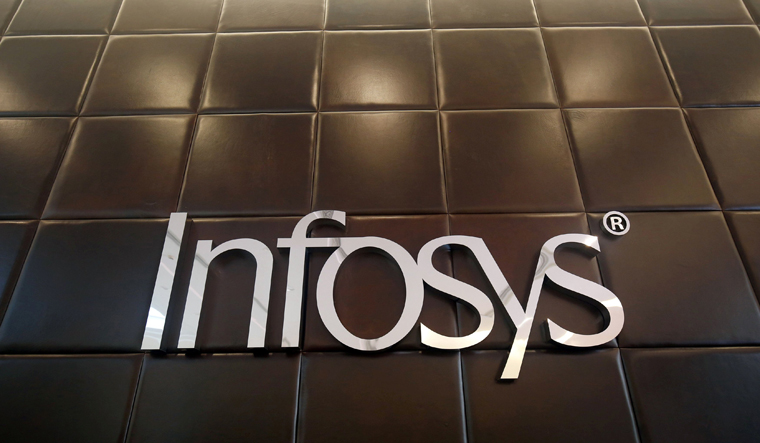Indian IT services major Infosys has once again come into the media glare following whistleblower allegations that the company’s CEO Salil Parekh and CFO Nilanjan Roy indulged in unethical practices for the last several quarters in order to boost short term revenues and profits.
Infosys, largely quiet on the controversy count since the exit of its former CEO Vishal Sikka in 2017, faces a severe loss of credibility if the whistleblower’s allegations are proven true, according to experts who spoke to THE WEEK.
In a letter to the Infosys board and to the US Securities and Exchange Commission (SEC), the whistleblowers stated that they have proof in the form of voice recordings and email of alleged unethical practices. It has also been reported that critical information had been hidden from the auditors and board.
“Some percentage of tweaking of results or numbers and hiding of numbers from the auditors is always a prevailing practice in many Indian companies. However, companies such as Infosys are known for their ethics and credibility and one would never expect any kind of unethical practices in such a company,” says B.S. Murthy, CEO of Leadership Capital Consulting.
Adding that it is still premature to offer any conclusion while the matter is before an internal audit committee, Murthy says that the allegations, “if proved true...will definitely affect the brand credibility of the organization. [Infosys] has more than two lakh employees on its roll. It is also one of the one of the major players in the Indian IT industry."
He added that “It is for the first time in the history of the company that such an allegation of tweaking of margins and numbers has come up. It needs to be seen how things shape up since now the matter is out in the media.”
Some experts feel that this could be the sign of an internal power play in the company. Alok Shende of Mumbai-based Ascentius Consulting feels that the whistleblowers, who are so-called internal employees of the company, should have tried hard to solve the issue internally. But, the fact that they have sent a letter to the US SEC as well as to the Infosys board, proves that they want to tarnish the image of the company. “It can also be an internal power play in the company. It could be possible that some of the employees are not in good terms with the CEO and the CFO of the company and want to tarnish their image. However the gravity of the allegations is serious and only a thorough probe will bring out the true picture,” said Shende.
Kris Lakshmikanth, CEO and the founder of the executive search firm Head Hunters India Limited, however, differed from the views of other experts. He felt that it could be the handiwork of some of the traditional and conservative employees in the finance team of the company. “Many employees may not be in agreement with Parekh and Roy on tweaking of profit margins and pricing—which are essential to survive in the market today. I was discussing [this] with a business expert from Europe and he told me that Infosys had done well in the European market because they are now flexible in terms of pricing and that is helping the company get customers and do well in the European market. The Infosys stock can also be affected for some time but I do not see a very long term affect on the credibility of the organisation as it may be difficult to prove such allegations,” said Lakshmikanth.
Lakshmikanth also feels that there could be some employees who may be unhappy with Parekh as he is an outsider in the company and they may have made allegations against him to tarnish his image.
Interestingly, the IT major Infosys during its last quarterly results, had observed double digit growth and had raised its FY 2019-20 revenue guidance to 9-10 per cent in constant currency terms, proving that the company is confident of doing well in the next two quarters and that it should end FY 2019-20 on a positive note.



